Introduction to Kemppi Welders
For industrial professionals, welders are critical tools that can directly impact the quality of work and efficiency in production processes. Among the recognized names in this field is kemppi welders, which are renowned for their innovative technology and exceptional performance. Established in Finland, Kemppi has a long-standing tradition of producing high-quality welding equipment that caters to various welding needs—from small-scale workshop use to expansive industrial applications. In this comprehensive guide, we will explore what sets Kemppi welders apart, delve into their technological advancements, and provide insights into selecting, using, and maintaining these welding machines.
What Makes Kemppi Welders Unique?
Kemppi welders stand out due to their blend of advanced technology, reliability, and user-friendliness. They incorporate features like:
- Innovative Control Systems: Kemppi welders use sophisticated control systems that allow for precise adjustment of welding parameters, ensuring high-quality results regardless of the task.
- Portability: Many models are designed to be lightweight and compact, making them suitable for both stationary and mobile applications.
- Durability: Built with robust materials, Kemppi welders are designed to withstand harsh working environments, ensuring longevity and consistent performance.
- User-Centric Design: The ergonomic layout of controls and displays enhances ease of use, allowing welders to focus on their work without being distracted by complex machinery.
Overview of Kemppi’s Welding Technology
At the heart of Kemppi welders is their commitment to pioneering welding technology. The brand focuses on arc welding techniques, particularly MIG and TIG welding, excelling in the efficiency and effectiveness of these methods. Kemppi’s machines incorporate technological advancements such as:
- Adaptive Control Technology (ACT): This feature automatically adjusts the welding parameters based on material thickness and type, minimizing the need for manual input and reducing error rates.
- Smart Fusion: This technology ensures an ideal balance between speed and quality, resulting in superior welds that require less finishing.
- Cloud Connectivity: Some of the latest models offer connectivity options for monitoring performance remotely, allowing businesses to optimize operations and enhance productivity.
The History and Evolution of Kemppi Welding
Founded in 1949, Kemppi has a rich history that showcases its evolution from a small Finnish company into a global leader in the welding industry. Originally focusing on manufacturing electric arc welding equipment, the company expanded its product line with innovations in automation and digital technology throughout the decades. Key milestones include:
- 1960s: Introduction of the first wire feeding machines that revolutionized MIG welding.
- 1980s: Launch of the first microprocessor-controlled welding machines, greatly enhancing user customization and operational efficiency.
- 2000s: Emphasis on digital innovations, making welders smarter and more capable of integrating with modern manufacturing processes.
- Present: Ongoing research and development in smart welding solutions, focusing on sustainability and reduced environmental impact.
Types of Kemppi Welders
Kemppi offers a wide range of welding machines suited for different applications. Understanding the various types of welders is essential for choosing the right one for your needs.
How MIG Welders from Kemppi Work
MIG (Metal Inert Gas) welding is a popular method used in various industries due to its versatility and speed. In MIG welding, a continuous wire electrode is fed through a welding gun and melts to form the weld. Kemppi’s MIG welders are equipped with features such as:
- Adjustable Settings: Users can fine-tune parameters like voltage and wire feed speed, which is critical for different materials and thicknesses.
- Inverter Technology: This allows for precise control of the welding arc, reducing spatter and improving the overall quality of the weld.
- Cooling Systems: Extended operation capabilities are supported by efficient cooling solutions that prevent overheating during prolonged use.
Exploring Kemppi TIG Welding Technologies
TIG (Tungsten Inert Gas) welding differs from MIG by using a non-consumable tungsten electrode. This process is known for its ability to create high-quality, precise welds, especially on thin materials. Kemppi’s range of TIG welders offers features such as:
- High Precision: The control over heat input allows for delicate welding tasks, ideal for industries like aerospace and automotive.
- Pulse Welding Feature: The ability to pulse adds versatility by allowing for better control over the heat, which is particularly useful for welding materials that require low heat input.
- Integrated Safety Features: TIG welders come with safety systems that automatically shut down the machine in case of overheating or other operational failures.
Comparing Different Models of Kemppi Welders
Kemppi’s product line includes various models tailored to specific applications and user needs. Comparing models can help prospective buyers determine which welder best suits their requirements. Factors to consider include:
- Welding Process: Assess whether the focus is on MIG, TIG, or a combination of multiple processes.
- Performance Specifications: Evaluate the welding speed, efficiency, and maximum output current of the machines.
- Portability: For onsite jobs, consider the weight and ease of transport.
- Feature Set: Look for unique features such as digital interfaces, cloud connectivity, and advanced cooling systems that may suit specific working conditions.
Choosing the Right Kemppi Welder for Your Needs
Selecting the appropriate welder involves evaluating several factors, including the types of projects you undertake and your level of experience. Here are some tips to guide your decision:
Evaluating Your Welding Requirements
Different welding projects necessitate various machines. To assess your requirements, consider the following:
- Material Types: What materials will you be welding? Steel, aluminum, stainless steel, or others may require different machines.
- Project Size: Will you be tackling small tasks, or are you focused on larger industrial projects?
- Welding Position: Some welders are better suited for particular positions (flat, vertical, overhead), impacting efficiency and quality.
Price Comparison of Kemppi Welders
The price of Kemppi welders can vary significantly based on features, model types, and capabilities. Here are key considerations:
- Budget: Establish a clear budget but weigh the cost against the potential for improved productivity and quality.
- Use Case: Analyze whether high-end models offer features critical to your work, and consider whether a mid-range welder could meet your needs.
- Resale Value: Kemppi machines tend to retain their value well due to their reputation and quality, making them good long-term investments.
Tips for First-Time Buyers
For first-time buyers, enter the market informed and confident:
- Research: Familiarize yourself with the different Kemppi models and their specifications.
- Test Before Purchase: If possible, getting hands-on experience through demos or referrals can provide invaluable insights.
- Consider After-Sales Support: Research the manufacturer’s support policies, including warranties and service offerings.
Operating and Maintaining Kemppi Welders
Ensuring that your Kemppi welder operates smoothly and efficiently requires understanding proper usage and maintenance techniques.
Step-by-Step Guide to Using Kemppi Welders
Using a Kemppi welder effectively involves several steps:
- Setup: Properly set up your welder by connecting it to a stable power source and setting the desired parameters based on the welding process.
- Equipment Check: Inspect the welding torch, wire feeder, and other components to ensure they are functioning well.
- Wear Protective Gear: Always don protective clothing including helmets, gloves, and aprons before starting your welding tasks.
- Welding Technique: Maintain a steady hand and appropriate angle while welding. Adjust the arc length according to the material you’re working with.
- Finishing Up: After completing your weld, allow it to cool, and perform post-weld inspections for quality assurance.
Common Maintenance Practices for Longevity
Maintaining your Kemppi welder is essential for ensuring its longevity and effectiveness:
- Regular Cleaning: Keep the machine and its components clean from dust, spatter, and debris.
- Routine Inspections: Conduct periodic checks on the wire feed mechanism, gas supply, and electrical connections.
- Replace Worn Parts: Address any signs of wear and tear immediately to prevent escalating issues.
Troubleshooting Common Issues with Kemppi Welders
If you encounter problems during welding, understanding common issues can save time and frustration:
- Incomplete Welds: This may result from incorrect settings; double-check your voltage and wire feed speed.
- Excessive Spatter: Reduce the wire feed speed or adjust the gas flow settings.
- Sticking Electrode: Ensure the electrode is clean and is heated adequately before starting the weld.
Reviews and Case Studies of Kemppi Welders
Before making a purchase decision, it’s beneficial to consider the experiences of others. Customer reviews and case studies can offer valuable insights.
User Experiences and Testimonials
Many users praise Kemppi welders for their reliability and technological capabilities. A common sentiment is how the machines drastically improve both the speed and quality of work. Welding professionals report enhanced precision in their work, which can lead to better outcomes in competitive environments.
Success Stories from Industry Professionals
Concrete examples of Kemppi’s impact on large-scale projects reveal its significance in the industry. For instance, companies in the automotive sector have successfully leveraged Kemppi welders to streamline assembly lines, significantly enhancing productivity while ensuring quality welds.
Comparative Analysis with Competitor Welders
When compared to other brands, many professionals find Kemppi welders offer superior performance, especially in terms of adaptability and ease of use. In direct comparisons with leading competitors, Kemppi often excels in technological integration and user support, making them an attractive option for businesses aiming for both quality and efficiency.
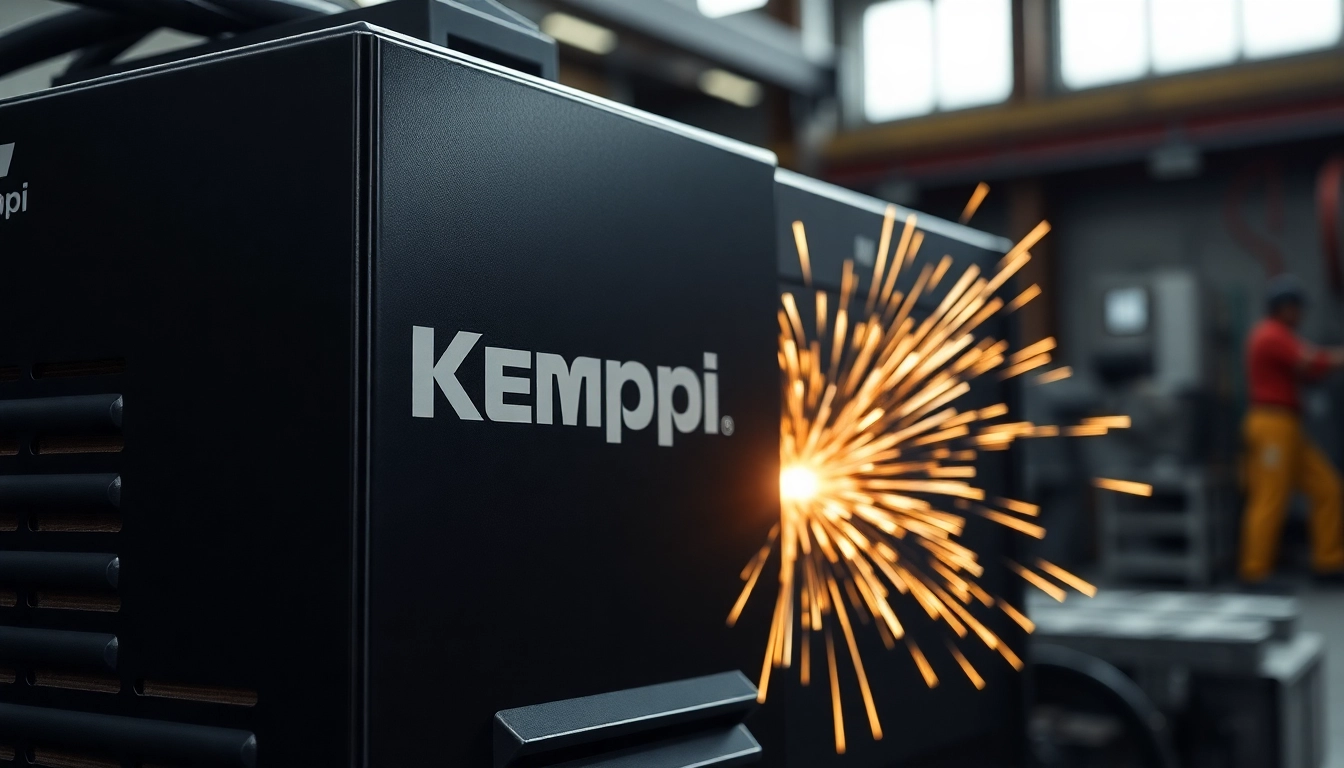

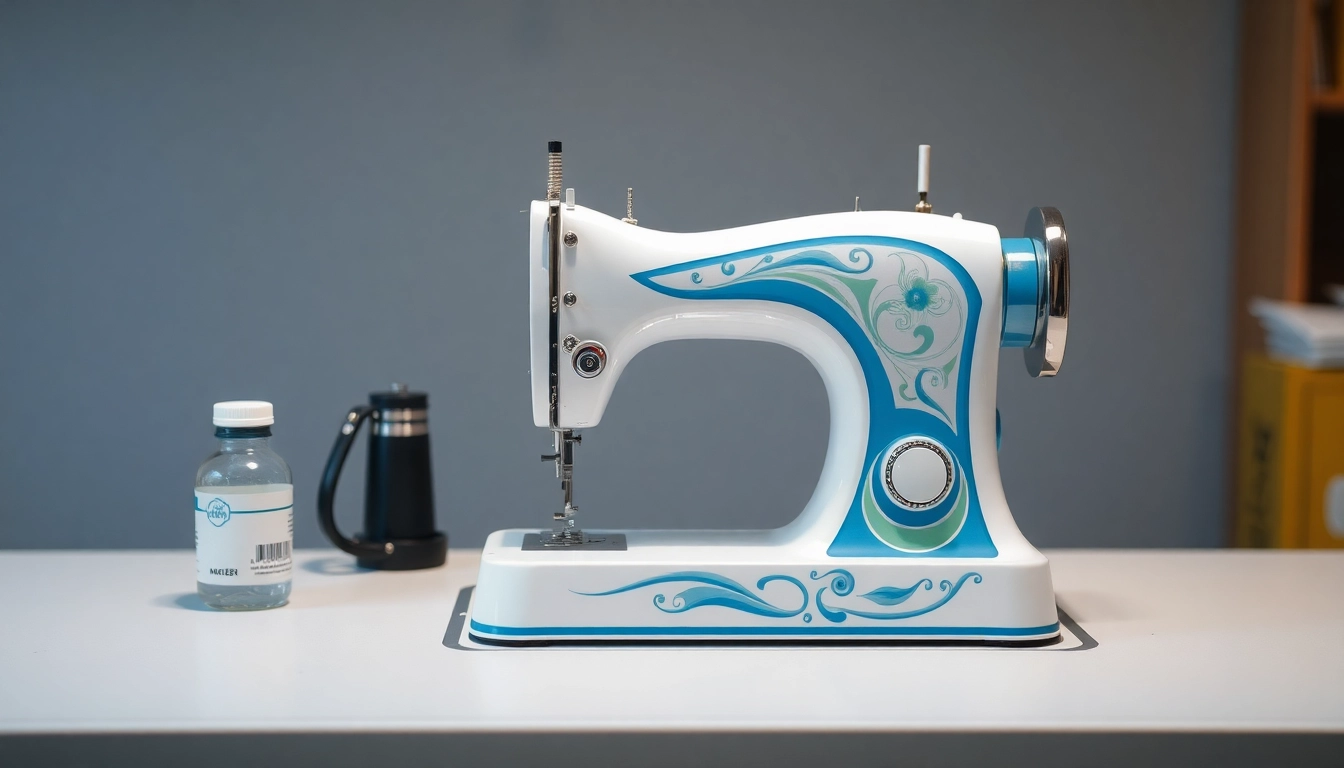
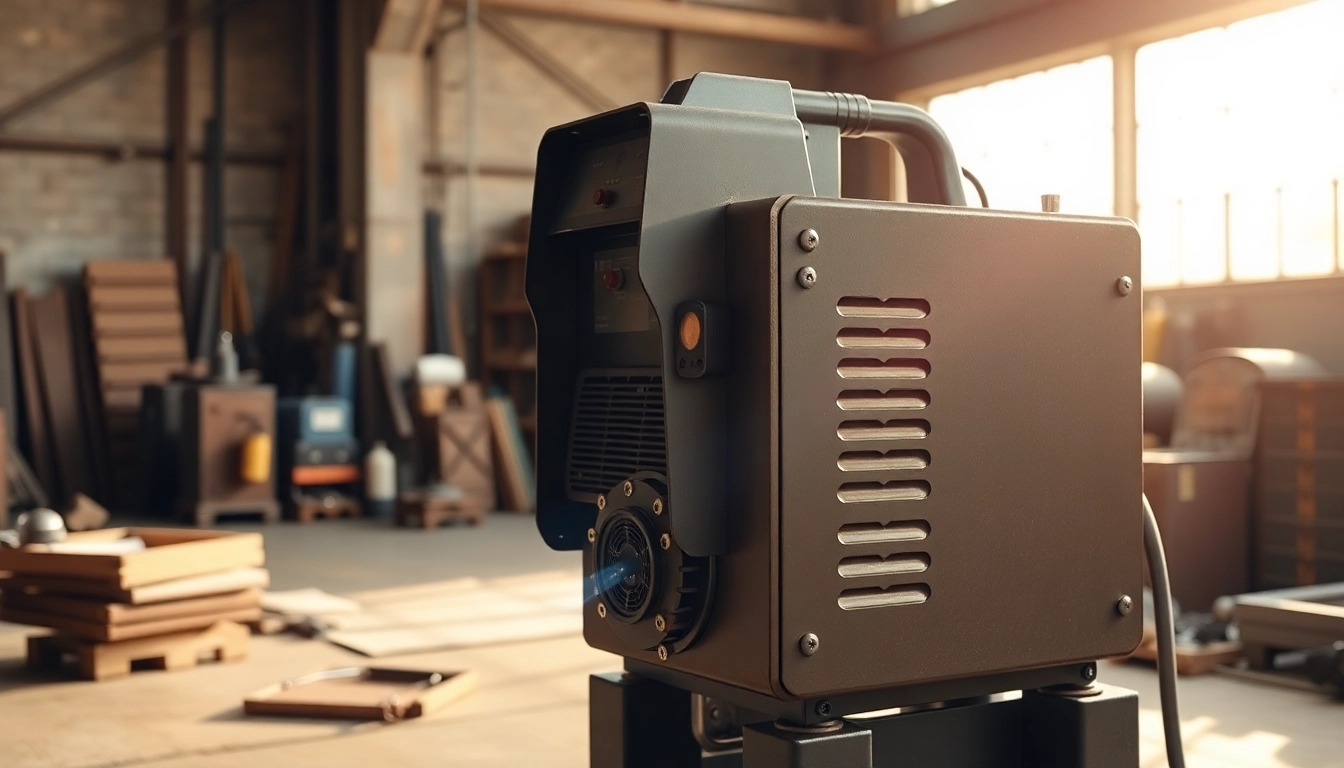
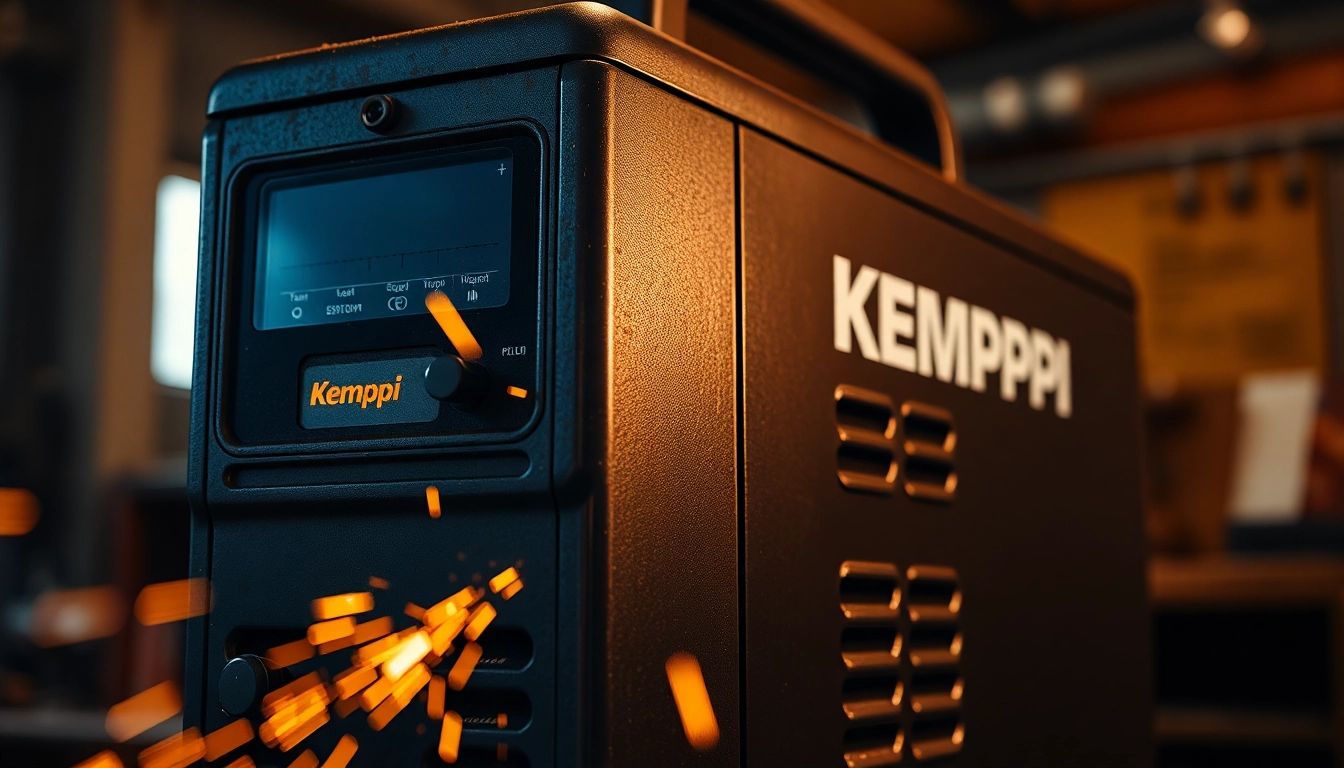
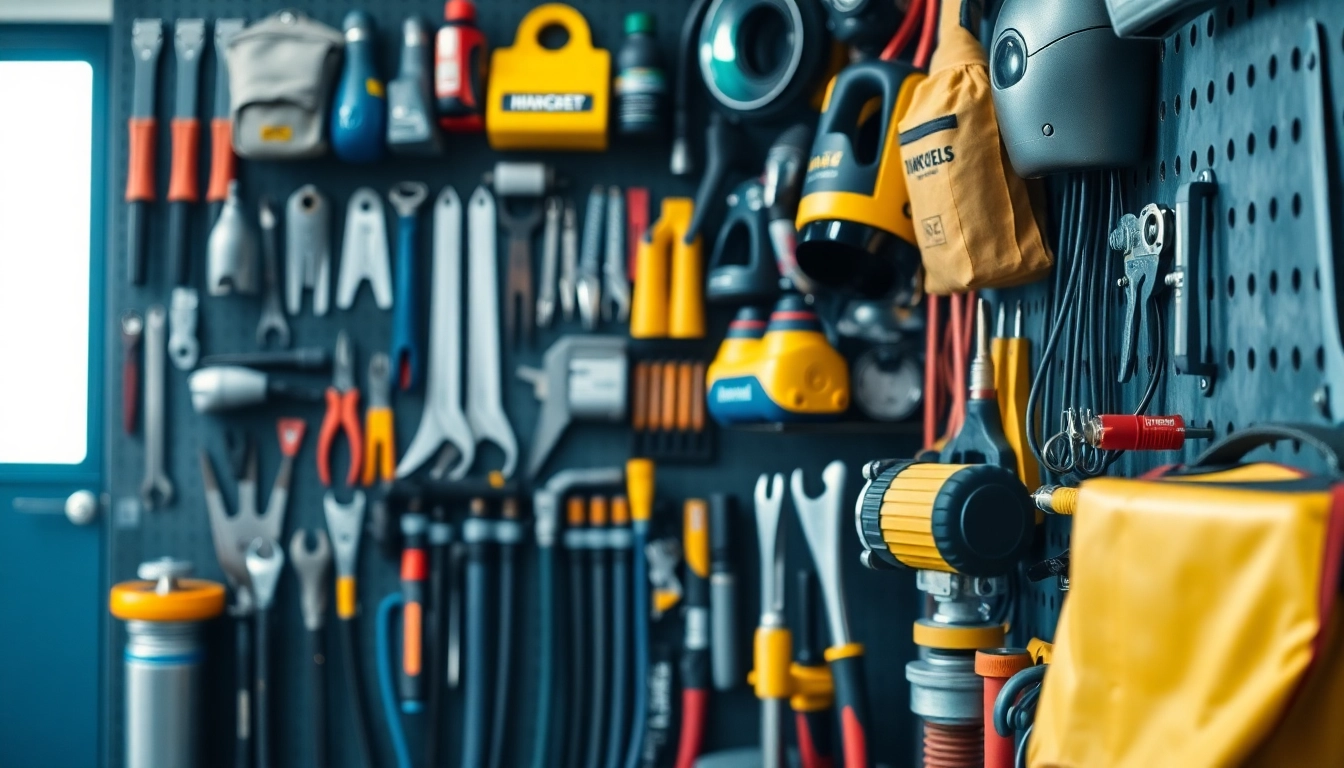
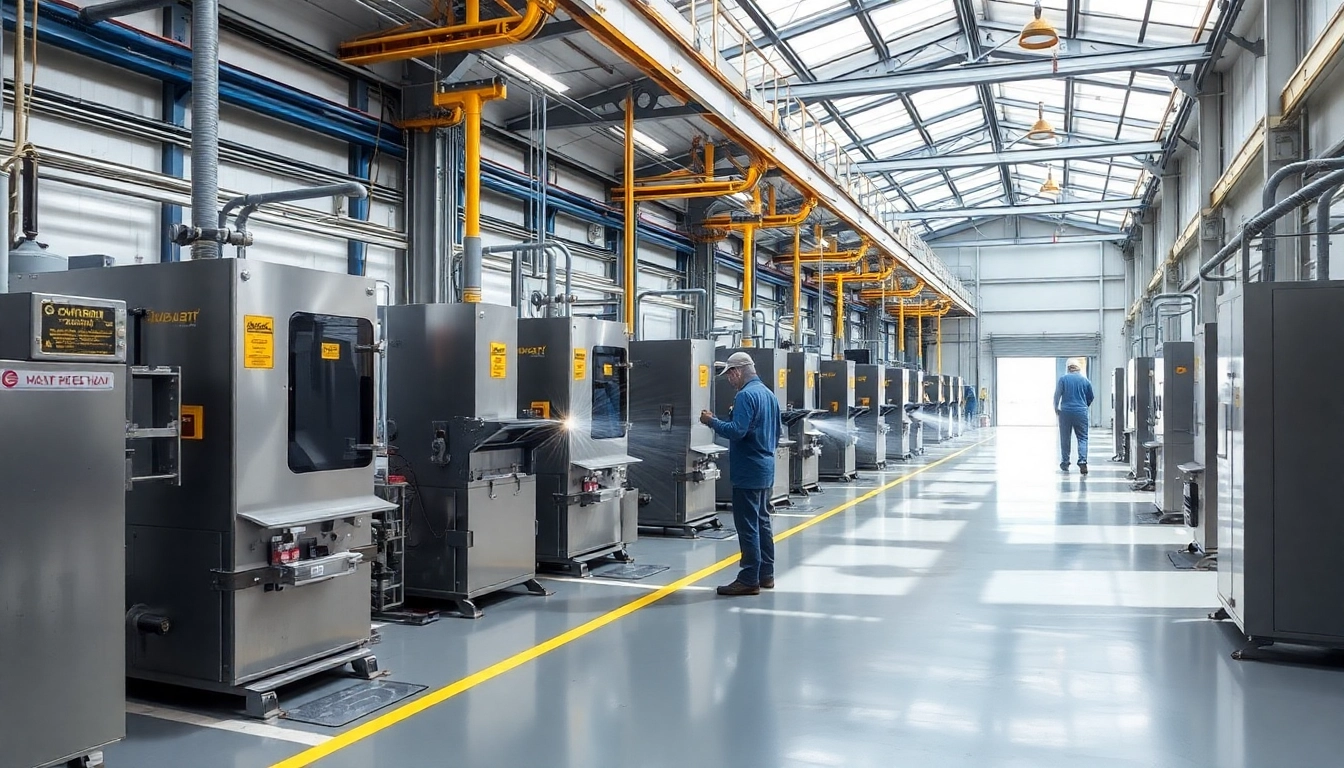




Leave a Reply